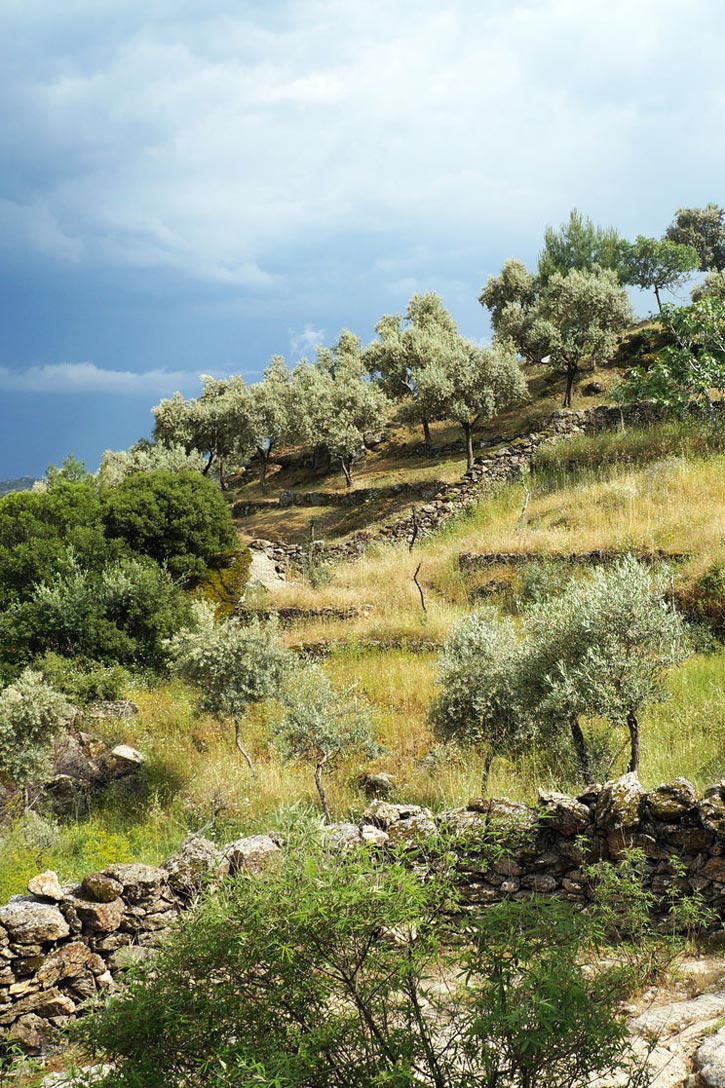Turkish Olives and Olive Oil
TIME : 2016/2/16 14:59:53
People of the ancient Mediterranean believed olive oil to have magical and medicinal characteristics, and some believed it to be the source of the fountain of youth and beauty. Homer referred to it as “liquid gold.” The olive tree’s leafy branch, while still considered the symbol of peace and abundance, once crowned triumphant conquerors after bloody battles. And ultimately, the three major Abrahamic religions—Judaism, Christianity, and Islam—ritually use the golden liquid and olive branches to bless and purify.
The growing environment is organic, and the fruit itself is generally harvested by hand.In 2013, Turkey became the fifth-largest olive oil producer in the world after Italy, Spain, Greece, and Tunisia. As much as 70 percent of unbranded exported Turkish olive oil is blended with lower-quality oils to produce less-expensive oil. The bulk of Turkish olive oil makes its way to Italy, where the mixing takes place; it’s then exported to countries such as the United States. This trade between western Europe and Asia Minor, according to fossilized remains found in Spain, North Africa, and Italy, dates back to the 6th millennium BC.

Photo © Valery Shanin/123rf.
What makes Turkish olives different than those cultivated in the rest of Europe is the sandy soil in which the trees grow, the prevalence of a sea breeze, and the sheer variety of the fruits. This makes for fruitier, lighter-tasting oil. The growing environment is organic, and the fruit itself is generally harvested by hand.
Olives and olive oil are produced throughout Anatolia, but the coastal west is king. The northwest area around the Sea of Marmara is noted for its black olives—the kind that end up on the Turkish breakfast table. The Aegean and Mediterranean coasts, however, produce the olives that make the best oil. The land surrounding the Gulf of Edremit, particularly around Ayvalık, is reputed to produce some of the best olive oil in the world.

Photo © Lilyana Vynogradova/123rf.
Excerpted from the Second Edition of Moon Istanbul & the Turkish Coast.

